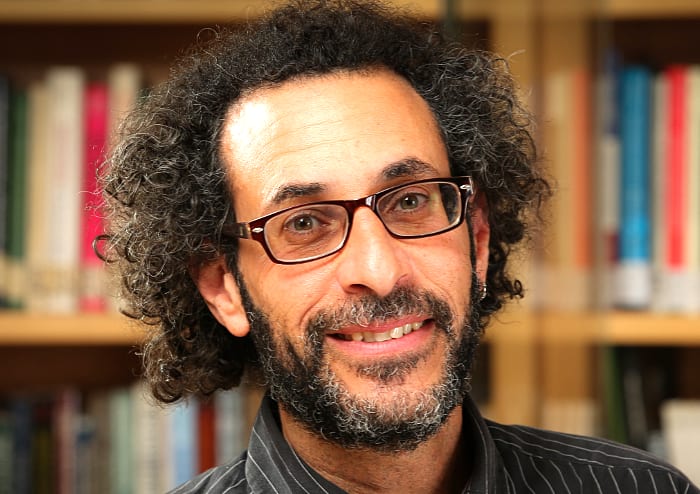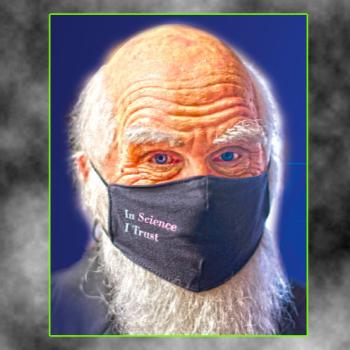ULTRA-Orthodox rabbis are growing increasingly concerned that Israel’s COVID-19 lockdowns are luring youth into the real world where they are being exposed to forbidden objects – like smartphones. These among many other things, feature women singing in ringtones.

This trend, some rabbis allege, is part of a plot by the authorities to harm the ultra-Orthodox way of life by restricting access to religious colleges (yeshivas) and preventing mass gatherings of Haredi communities, who have very high rates of COVID-19 infections.
One, identified in this report as Rabbi Shlomo B, homed in on smartphones. The rabbi, who works at a small religious college or yeshiva, said:
Among the students there is always one who does not necessarily belong to the core of yeshiva, it is he who has a smartphone. The first time the students see this unclean device they are shocked; the second time the shock abates and they even peek at the screen; the third time they are already asking to hold it.
Eeeeew!
And he warned:
Watching the content on the device drags them like a whirlwind to other undesirable places, and they may even ultimately end up on the street.
Shlomo B confessed that even he has succumbed to temptation:
Take me, for example. I never listened to the radio before. I didn’t have time for that. Since the virus broke out I found myself listening to the news every day. This is definitely a side effect of the coronavirus.
His quote is contained in a report that claims that many young members of the Haredi community are abandoning the ultra-Orthodox lifestyle. Their drop-out rate from religious Jewish schools is three times higher than that of state-run institutions.
A study, conducted on behalf of the Israel Democracy Institute among rabbis and parents showed that there is an unprecedented number of young people abandoning the community, an issue that was prevalent in the sector even before the pandemic began.

Dr Asaf Malchi, above, who led the study, said:
Young people dropping out of religious institutions is not a phenomenon that began during the coronavirus crisis. It is a phenomenon that has existed for many, many years within the ultra-Orthodox society. But the crisis, the closure of yeshivas and partial studies for ultra-Orthodox youth has only intensified and exacerbated the phenomenon.
Contact with the “outside” world and a sense of boredom have led to:
A huge crisis within ultra-Orthodox society. The ultra-Orthodox community does not give legitimacy to secular education for Haredi teens, and this is one of the great crises facing ultra-Orthodox society today. Therefore, ultra-Orthodox rabbis are insisting on opening yeshivas and Torah studies to prevent this drift away.
The distress caused by the crisis has led to extreme statements among the ultra-Orthodox mainstream. For example, Rabbi Shimon M claims the health regulations are a plot by the authorities to harm the ultra-Orthodox way of life.
I have no doubt that the government and other factors have found the opportunity to disrupt the proper functioning of our yeshivas. They simply want to create a situation in which the ultra-Orthodox public is crumbling.
Malchi has a series of suggestions to deal with the phenomenon of ultra-Orthodox youths abandoning their studies only to find they have no place to go.
One is the establishment of an ultra-Orthodox youth directorate in the Education Ministry, which would provide education and training for Haredi young people wishing to integrate into the general population and the labour market.
The state has a lot to do to tackle the phenomenon. I have to say that this is a phenomenon that is too big for ultra-Orthodox society to deal with alone. We will see it intensify during this difficult period of the pandemic if left untreated.
Ultra-Orthodox rabbis, one should point out, are not opposed to all cell phones. They are perfectly OK with ones that are certified kosher.
A 2011 report revealed that Israel’s second largest mobile provider, Partner, introduced what was hailed as the world’s first Yiddish cell phone, manufactured by Alcatel-Lucent. It has no text messaging capabilities, Internet access or camera and blocks calls to sex lines.
Concerns about erotic phone services and forbidden text messaging between members of the opposite sex prompted leaders of Israel’s ultra-Orthodox community to set up a rabbinical committee on Internet and cell phone use several years ago.
The words “kosher” and “approved by the rabbinical committee for telecommunications” appear on the screen when the kosher phone is turned on.
Said Rabbi Baruch Shraga, a member of the committee:
There are many problems with today’s phones, many temptations. One can reach very immodest places on the Internet and people will write in a text message lewd things which they would not dare say aloud.
And if this weren’t bad enough, the rabbi emphasised that:
Some laws prohibit hearing a woman sing, so ringtones are also restricted.

 I’d love a cup of coffee
I’d love a cup of coffee













